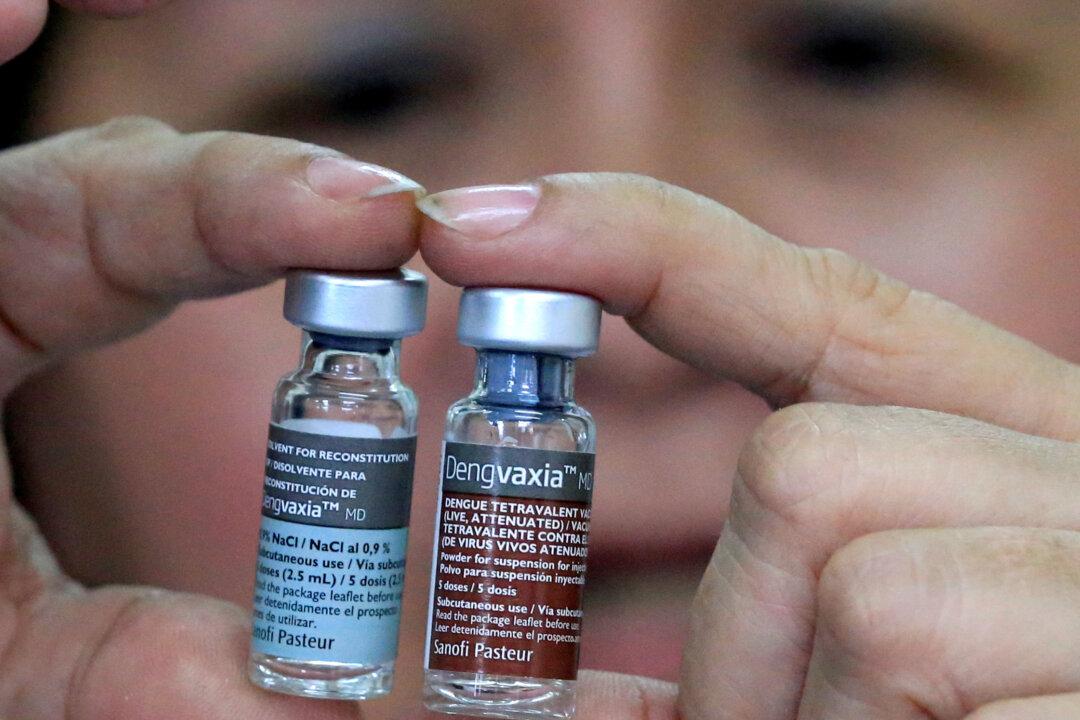An effort to end all non-medical exemptions for childhood vaccinations in Maine was in limbo on May 2. The state Senate voted to amend the law to allow parents to keep opting out on religious grounds.
The bill had passed the Democratic-controlled state House of Representatives last month, making Maine one of at least seven states considering ending non-medical exemptions amid the worst outbreak of measles in the United States in 25 years.





